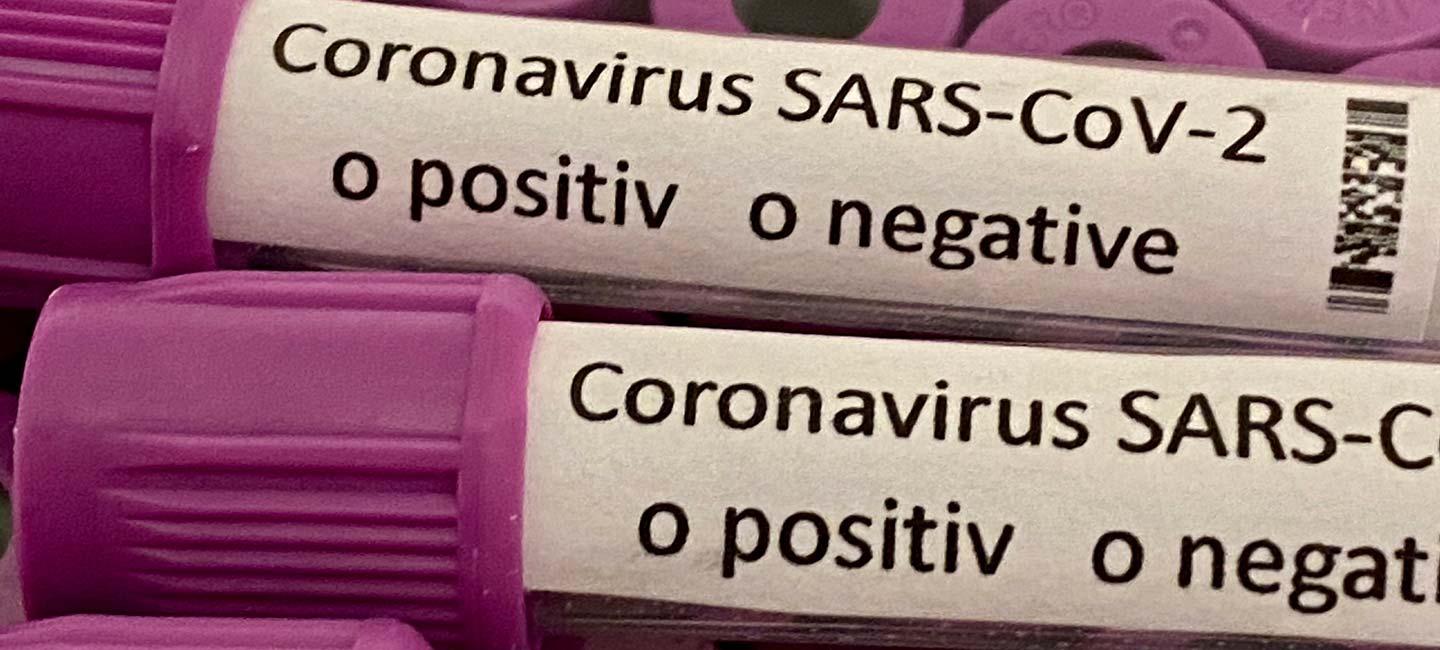What You Need to Know about COVID-19 Testing
With infection rates for COVID-19 on the rise, many are seeking out information about testing. Not just where to go, but what type of testing is available and what the results can tell you about your health now and in the future.
Here’s what you need to know about testing:
Virus vs. Antibody Testing
There are two types of COVID testing: virus and antibody.
A virus test is a diagnostic tool that can confirm the presence of SARS-CoV-2, the virus that causes COVID-19, in the respiratory system. For this test, a long swab is inserted into the nose or mouth to collect a sample that is tested in the lab for viral genetic material. If you are experiencing symptoms and would like to be tested, it is best to contact your health care provider. State and local health departments can also provide information on testing and locations. Prescriptions are not required at all testing facilities, but you may need to pre-register or make an appointment. Test results take about 24 hours. It is important to note that those tested too early in the course of infection may have a false negative result because they are not yet shedding enough of the virus to be detectable. You can also test positive for the virus even if you are not experiencing symptoms.
Antibody testing, also called serological testing, looks for COVID-19 antibodies in the blood. When your body has an infection, it builds proteins called antibodies to seek out and fight it. Those antibodies act as a type of memory for your immune system. They stay in your body, ready to fight, should the infection come back.
Antibody testing is conducted after someone has fully recovered or is showing no symptoms of COVID-19 infection.
Viral and antibody testing is covered by insurance thanks to the Families First Coronavirus Response Act passed by Congress. It requires health plans to fully pay for testing deemed “medically necessary.” However, insurers may have a list of approved testing facilities, so it is important to check so you don’t incur unnecessary charges. Also, while prescriptions are not required for testing, your insurance company may require one to cover the expenses.
Is Antibody Testing Worth It?
Most insurers and blood banks are offering free COVID-19 antibody testing. But is it worth it? While testing positive for COVID-19 antibodies may give the impression your body could fight off future infection, that may not be true.
Epidemiologists like Dr. Anna Giuliano, founder of the Center for Immunization and Infection Research in Cancer at Moffitt Cancer Center, say it is too soon to know if COVID-19 antibodies could provide people with immunity to future infection. She pointed out that the antibody tests continue to undergo testing for accuracy, and there are ongoing studies to assess whether antibodies are protective and the duration of this protection.
“The antibody tests that were provisionally licensed for emergency use by the U.S. Food and Drug Administration are now undergoing confirmatory testing for sensitivity and specificity,” said Giuliano. “The chances are higher that the test will give a false positive result rather than a false negative result, mainly because the prevalence is so low. This leads to more people incorrectly being told they have an antibody when they may not.”

Giuliano says one benefit of antibody testing is that healthy individuals who test positive for the antibodies but are symptom free can donate blood plasma, which is being used as a treatment for COVID-19 in severely ill patients.



